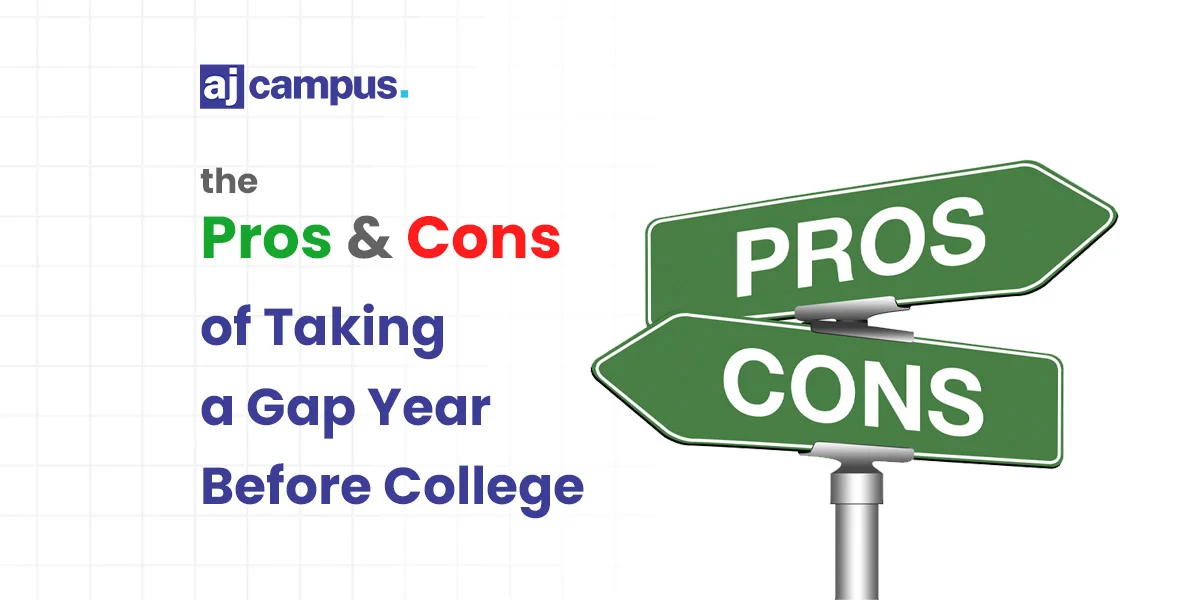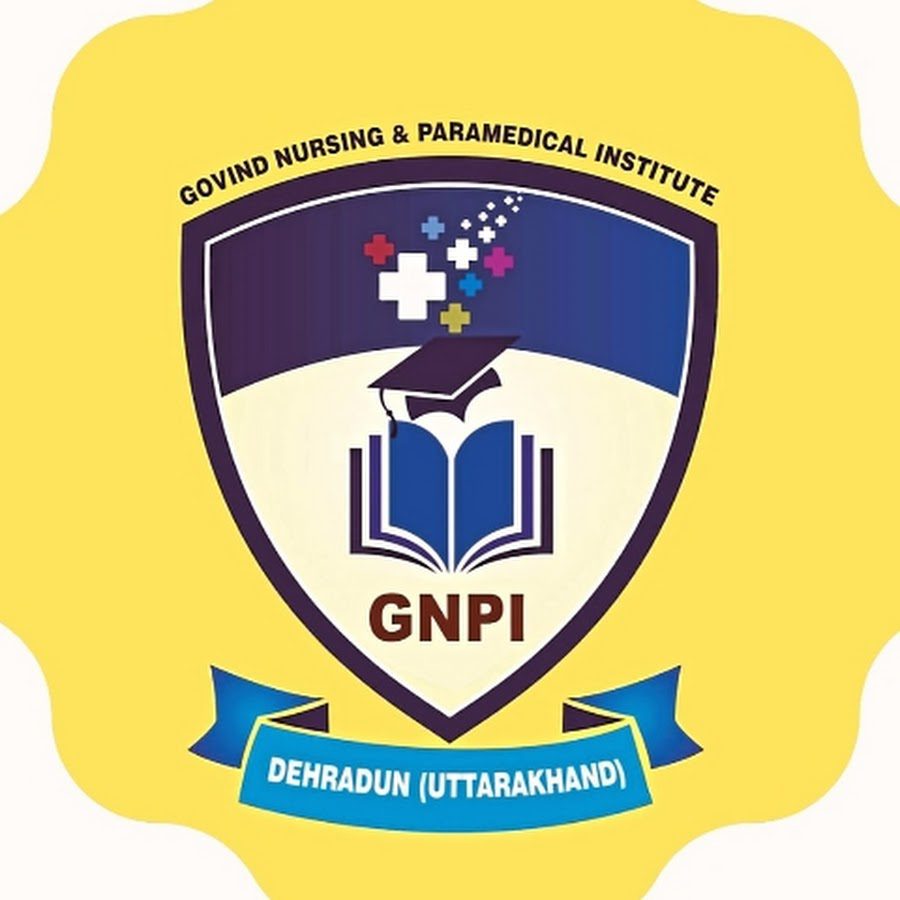The Pros and Cons of Taking a Gap Year Before College
By Asha Rani, Last Updated 18 Nov, 2023 5 min read

The Pros and Cons of Taking a Gap Year Before College
Advantages and Disadvantages of Taking a Gap Year Before College
After high school, is college the next logical step? A growing percentage of high school graduates are opting to take a break from their studies to concentrate on other aspects of their lives rather than immediately enrolling in college. This is called a “gap year,” and it’s a good way to begin your academic experience.
What Exactly Is a College Gap Year?
Between high school graduation and college enrollment, a student can spend their gap year to work, volunteer, travel, or make other college-related plans. A gap year might be shorter or longer, depending on the needs of the student, according to the Bureau of Labor Statistics. Gap years are not usually twelve months long. The basic idea behind a gap year is that it allows students to reflect, gather life experience, and determine their college major. This is true regardless of the length of the absence.
A student can use their gap year in a number of ways, such as:
Working: It is simpler to save money for college when you are not enrolled in classes.
Volunteering: Being a young individual without a career or college road ahead of them, you have a special opportunity to participate in a lot of voluntary work. In fact, there are gap year programs that are expressly tailored to support young people in similar situations.
Traveling: A gap year is an opportunity to take a break from work and spend time exploring the world on your own, whether via volunteer work or recreation.
Getting life experience – Acquire some crucial “adult” abilities that you will require in college and the early years of your work. This is incredibly valuable personal growth.
Benefits of Taking a Year Off :
Students who take a gap year can learn more about their own abilities and objectives, allowing them to enter college prepared for their desired professional path. Additionally, it provides perspective, enabling the student to consider their objectives free from the pressure of exams and written assignments. The following are some advantages of deciding to take a year off work:
Get Experience in the Workplace
It’s likely that you did not have much time to work while in school if you were a busy high school student, at least not in a position that resembled a career. You have the chance to gain some work experience by taking a gap year. Your ability to make judgments about which career route will best suit your individual experiences, aspirations, and skill set can be added by that work experience.
Take a Break to Recharge
You have just completed 12 years of education. Would you mind taking a break before plunging into another four (or more)? When your educational batteries are being recharged, this can be rather rejuvenating. You get the opportunity to recover from the stresses of high school by taking a year off before college.
“You may also visit this blog Pros and Cons of Living On Campus vs Off Campus“.
Explore Your Options
Beyond school, there are a lot of life experiences to be had. You might be free to travel, discover new places within your own house, or meet people who aren’t comfortable around you. These experiences are worthwhile and meaningful in a different way than those gained in a classroom.
Gain New Life Skills
You’ll acquire life skills along with those fresh experiences in life. Learn time management, budgeting, cooking, cleaning a house or apartment, and navigating your neighborhood during your gap year. You will experience college in a far less daunting manner if you have mastered these life skills prior to leaving for college.
Make Extra Cash
You can work full-time hours if you take an extra year off before attending college. This makes it easier for you to make extra cash for educational expenses like tuition. You can work as many hours as you like because you are not bound by the expectations of a school schedule.
Cons of taking Year Off :
Not every student finds success in delaying their college attendance by a year. Your academic ambitions may be derailed, and it may be more difficult to correct course. Think about the advantages and disadvantages before deciding to do this:
Re-entry into College could be more challenging
You’re already living in a “school” mentality. Getting back into the groove of things might be challenging after a year off. You might find that when you take that year off, your study habits and learning capacities decline. This is something to think about if you’re not very excited about learning.
Feelings of being behind your Peers
Upon returning to school following your year off, a few of your classmates will have advanced one year. One of the more experienced freshmen in your class might be you. Many students don’t find this to be a problem. The present college scenario is less problematic because there are more adult learners, but you still need to think about whether you will feel left out if you graduate from high school a year behind everyone else.
“After getting full Knowledge about this blog, must visit on this blog must visit High Salary Courses After 12th in All Stream“
Lost Momentum
After high school, you have a lot of momentum. The prospect of attending college and gaining knowledge excites you. You may lose that momentum if you take a year off to work. Fortunately, research indicates that 90% of kids who take a gap year do ultimately enroll in college, so losing momentum is not necessarily a major issue.
Expensive
Working during a gap year might be profitable. It might be costly to spend gap years traveling and experiencing new things. Make sure you can afford the adventures you want to have and that you are making the most of your gap year before you take one.
Needs Advance Planning
It will take some planning for your gap year, especially if you intend to travel. You will lose out on the chances that come with taking a gap year if you don’t put any effort into planning. Make sure you use the year off for yourself if you decide to take one.
Advice for planning a year off :
Here are some things to think about if you decide a gap year is right for you:
Seek guidance: Consult with those who have already taken a gap year in addition to exploring your alternatives. Make sure to gather advice from others and ask lots of questions so that you can prepare for your own gap year.
Make a budget: To assist you financially prepare, make a budget if you already know you intend to take a gap year or if you know what your emphasis is. When possible, cut costs, but schedule your outlays so that you can maximize the value of your trip as well.
Create a network: Spend time building your network throughout your year off to aid in your future professional endeavors. Make sure you establish solid professional relationships with everyone you meet, for instance, if you take on an internship or a part-time work. You never know when you might need their reference or how they might point you in the direction of worthwhile employment chances.
Conclusion :
In summary, each student should consider the advantages and disadvantages of taking a gap year in light of their unique circumstances, goals, and preferences. When well thought out and planned for, a gap year can be a life-changing experience that gives students a strong foundation for the chances and challenges they will face in their pursuit of higher education and careers.




